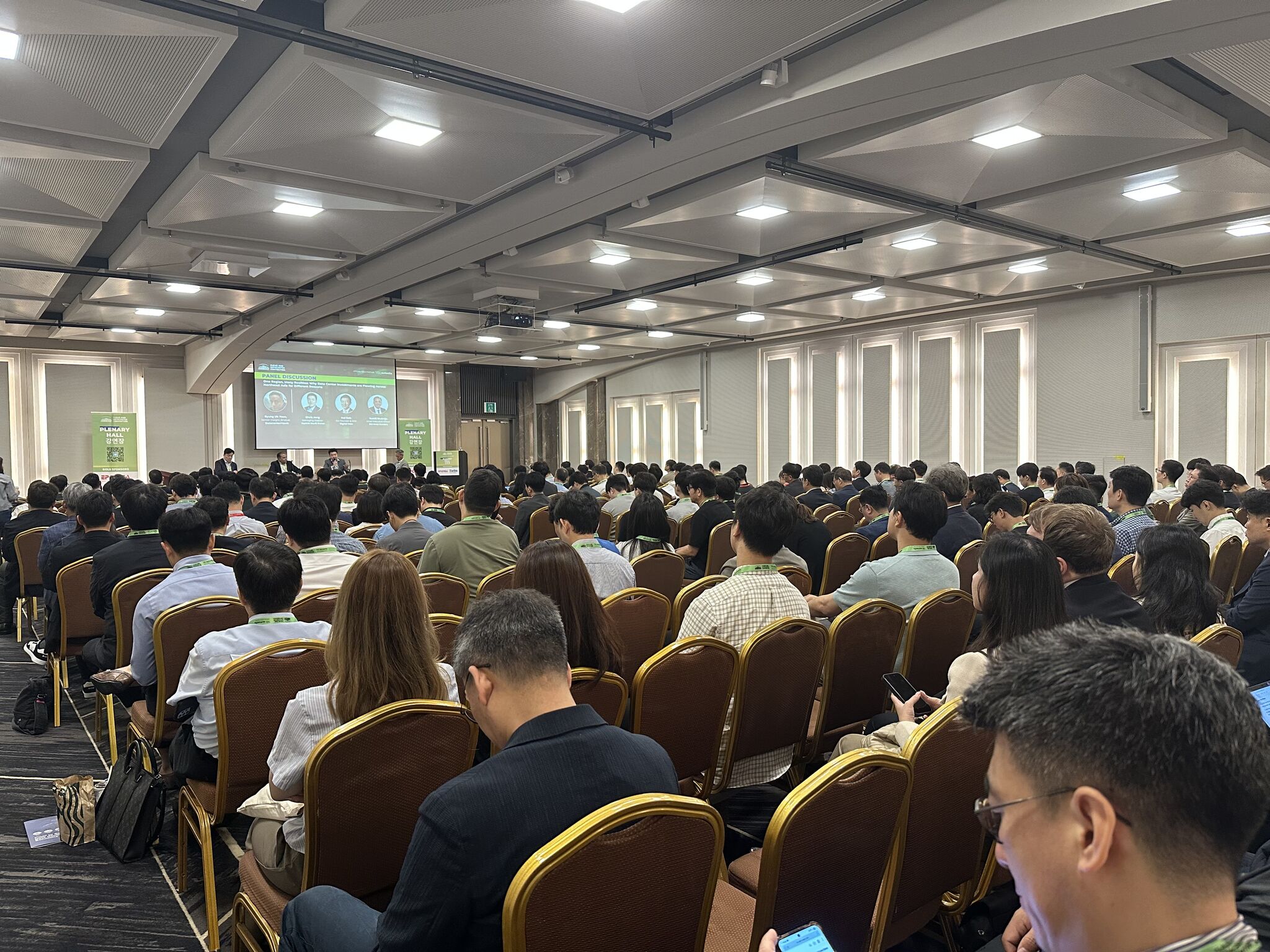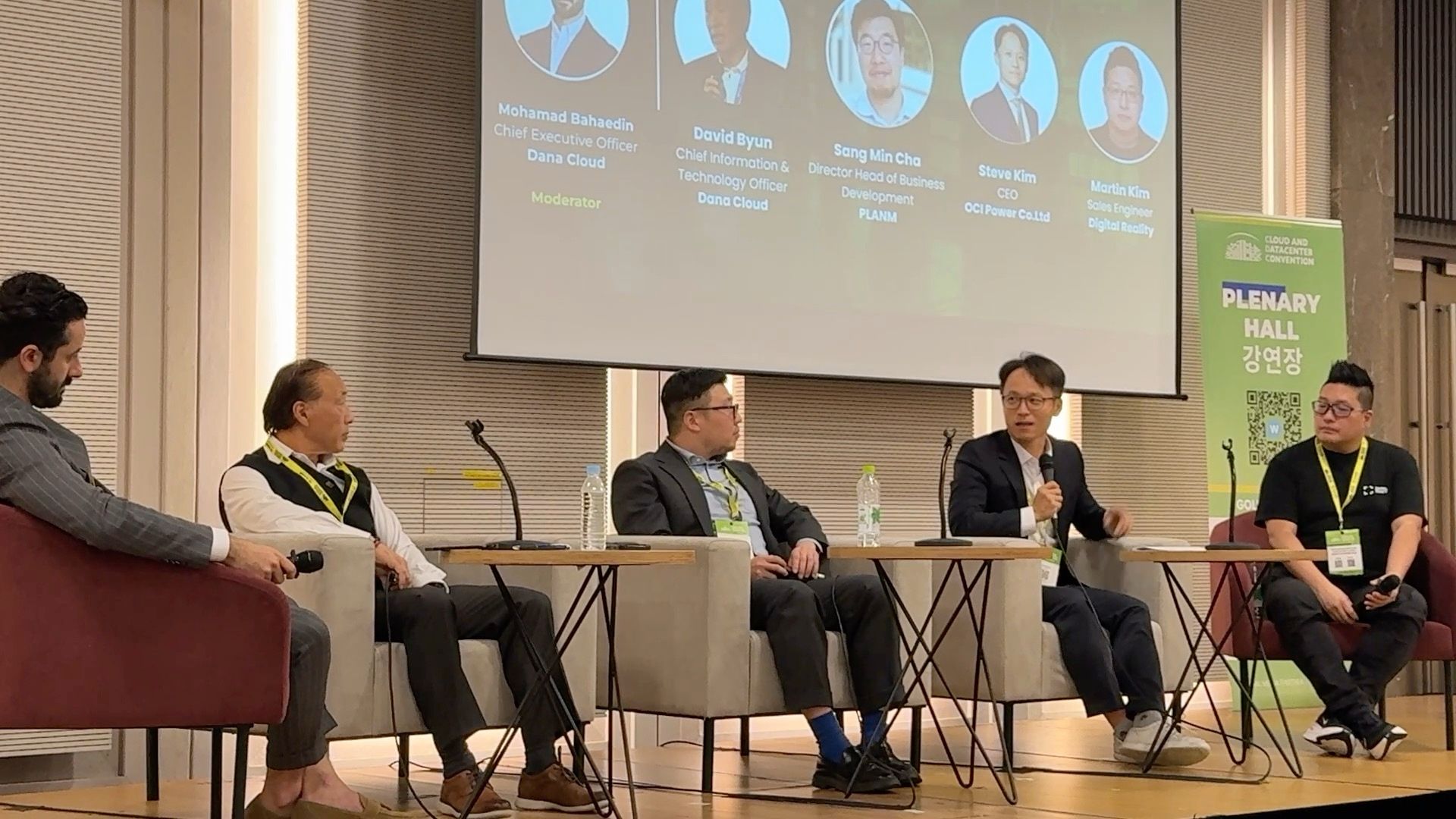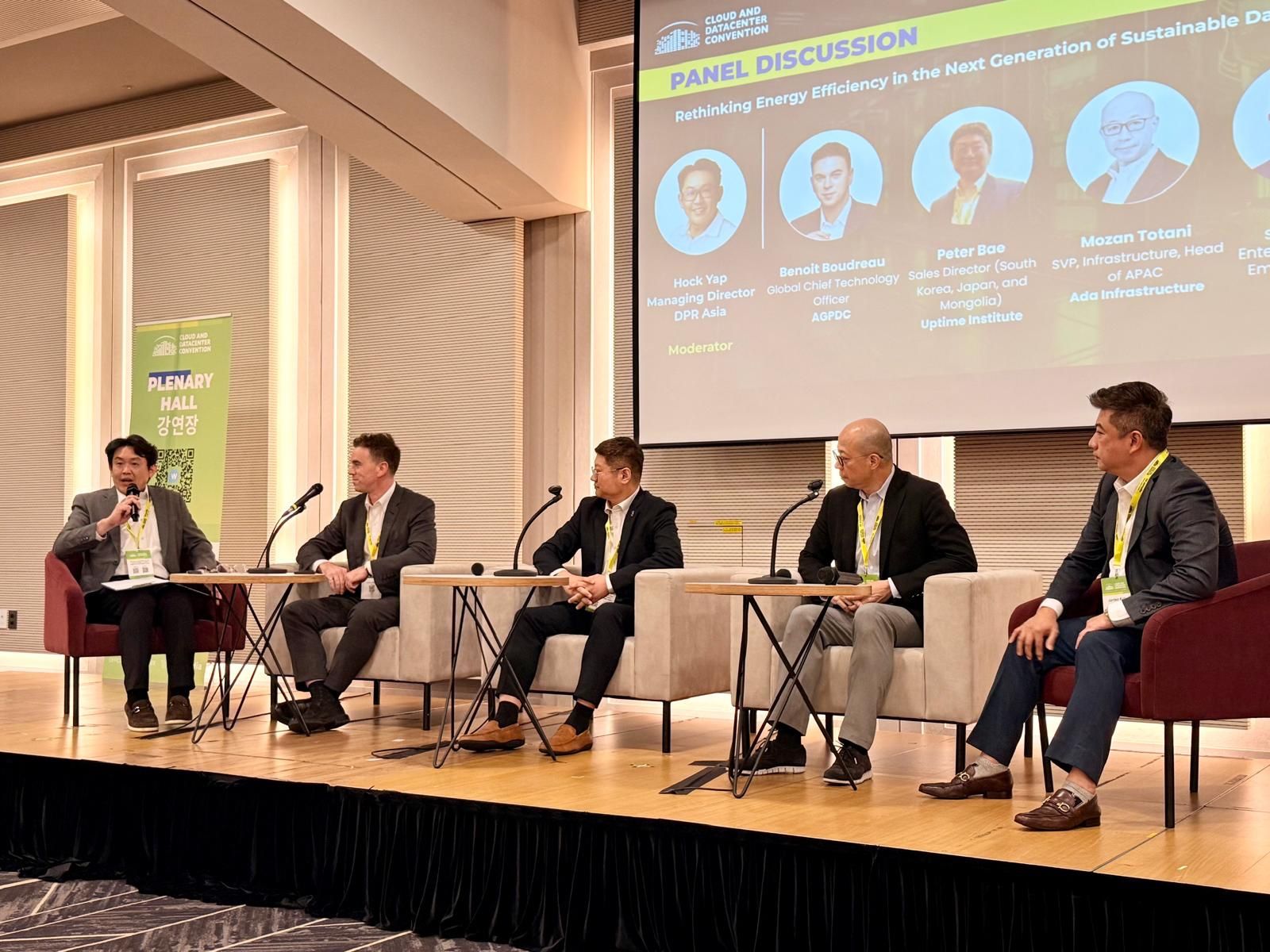The atmosphere was abuzz with excitement at w.media’s Korea Cloud & Datacenter Convention (KRCDC) 2025, which took place recently in Seoul, South Korea. Over 1,000 digital infrastructure industry professionals including top leaders, key decision makers, industry veterans and experts came together at the COEX ASEM Ballroom to discuss how policy, investment, and innovation are converging to reshape the digital infrastructure of Asia’s fourth-largest economy.
The event showcased how South Korea is emerging as one of the most dynamic markets in the global cloud and datacenter ecosystem through rapid technological progress, innovations in design, a hunger for all things AI, and a nationwide commitment to sustainability.
Digital technology, sustainability and AI scale-up
South Korea’s data center sector is at a pivotal moment as demand for cloud and AI services continue to surge with data centers accelerating digital transformation to meet customer requirements. Concurrently, regulators and investors are emphasizing the requirement for more efficient greener operations. This has incentivized domestic operators to integrate renewable energy, advanced cooling systems, and AI-enabled automation to reduce costs, manage risk, and meet rising ESG (environmental, social and governance) expectations.
The ability for data center developers to design flexible, future-ready facilities and enhance PUE (power usage effectiveness) are crucial for Korea’s digital future as data center infrastructures transition from air cooling to liquid and hybrid systems have resulted in reshaping efficiency and sustainability mandates.
“The AI-era shift from air-cooling to advanced liquid and hybrid systems is redefining efficiency and sustainability. Real progress means building flexible, future-ready facilities and adopting sustainability measures that go beyond PUE alone. Korea’s emerging renewables market will push toward creative reuse of legacy assets that drive practical innovation as next-generation energy solutions mature,” – said Benoit Boudreau, Global Chief Technology Officer, AGPDC, who participated in a Panel discussion.
These trends are creating opportunities for strategic partnerships as international cloud providers, domestic telcos, and infrastructure investors are aligning around long-term capacity planning, edge computing deployments, and hyperscale construction projects that can serve the regional and global data center markets.
Strategic insights from business leaders
The crème de la crème of the digital infrastructure industry, comprising C-level executives and senior decision-makers spoke passionately during a series of panel discussions on topics such as the evolution of Korea’s digital ecosystem, competitive positioning, capital allocation, risk management, and digital transformation in the AI era.

“Through the conference and the panel discussions, I was pleased to see that people in the data center industry are extremely passionate about improving energy efficiency, minimizing environmental impact and how we can work together to support sustainability even as AI is set to bring significant productivity gains that will improve our lives,” – said, Mozan Totani, SVP, Ada Infrastructure, who was also a Panelist.
Discussions also took place about modular data centers and edge data centers, and their growing role in meeting the demands of AI, low-latency services, and how they are gaining global momentum for their speed, scalability, and sustainability in South Korea.
“The paradigm is shifting, particularly in densely populated urban areas and remote locations far from traditional power generation, where advanced AI workloads are increasingly essential. In such cases, it is becoming imperative to deploy edge cloud centers based on a modular DC concept,”– said, Steve Songyop KIM, CEO/President, OCI POWER Co. Ltd.

Modular data centers and edge data centers are both becoming essential to meet the demands of AI, low-latency services, and fast-changing global markets, each of which are gaining global momentum for their speed, scalability, and sustainability in South Korea.
“It is time we accelerate adoption and unlock the strategic advantages MDCs offer—from rapid deployment and energy efficiency to edge readiness and ESG alignment. To stay competitive in the global digital economy, Korea must embrace MDCs not just as a technical solution, but as a strategic imperative.” – said, Mohamad Bahaedin, CEO, Dana Cloud, KRCDC Panel Moderator.
Industry leaders also insisted that the next-generation of digital infrastructure must prioritize sustainability and investments that aligns with AI demands for a faster, greener, and more competitive digital future.
KRCDC 2025 attracted sponsorships from global technology powerhouses such as EPKOREA, Starline (a brand of Legrand), Bp Castrol and Vertiv. All showcased their latest innovations at a modest technology expo, made presentations, and some even participated in panel discussions and as keynote speakers.
“AI will play an important role in data center monitoring and management, enabling operators to anticipate issues, automate routine tasks, and optimize performance across the entire IT system. By bringing generative AI and hyperautomation into future data center strategies and deliver infrastructure that learns, adapts, and self-optimizes. The result: smarter, more resilient centers built to thrive in an increasingly digital and connected world.” – said, Jordan Koh, Senior Director, Vertiv Sponsor and Panel Speaker at KRCDC.
w.media’s Korea Datacenter and Cloud Convention 2025 underscored the nation’s progress in integrating eco-friendly technologies, artificial intelligence, and automation vis-à-vis data center development. The insights shared by industry experts, thought leaders, and C-level executives provided a comprehensive view of both the challenges and the opportunities shaping Korea’s evolving digital landscape in cloud computing and data center infrastructures.


